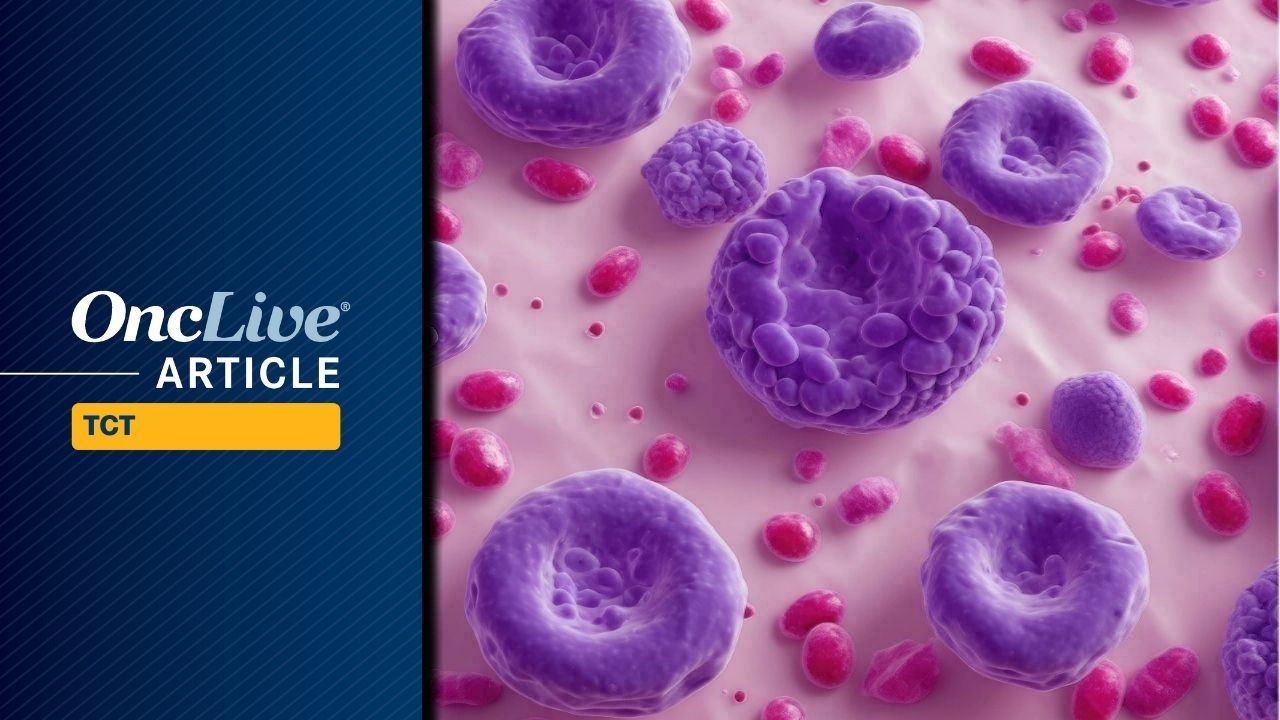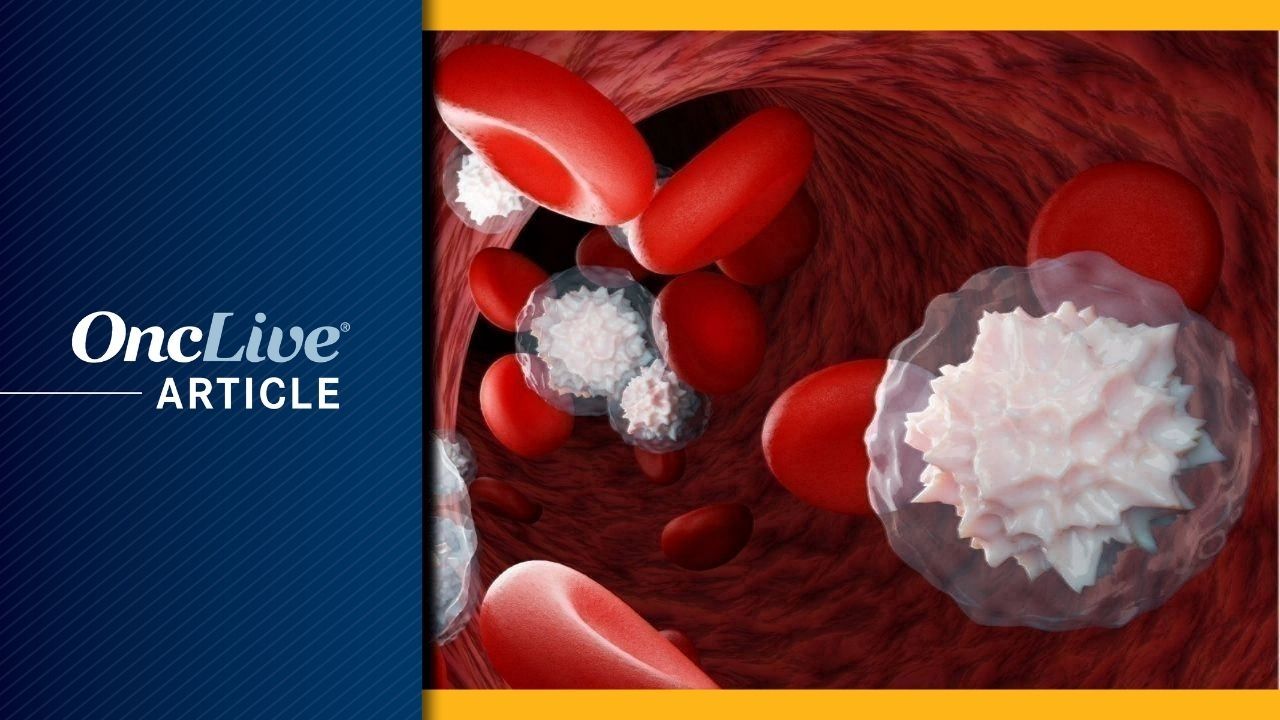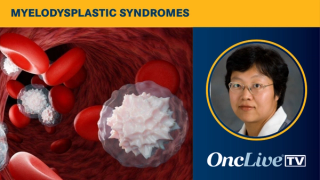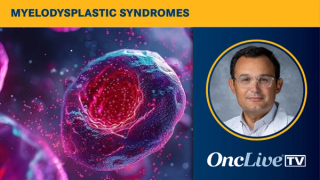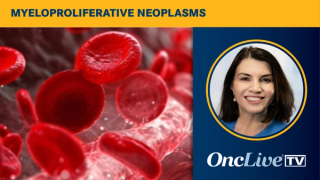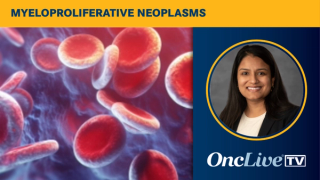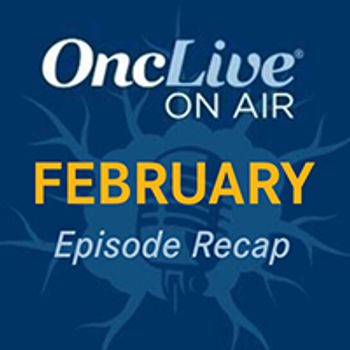
Myeloproliferative Neoplasms
Latest News
Video Series

Latest Videos
Shorts

Podcasts
CME Content
More News

Guillermo Garcia-Manero, MD, discusses how updated VERONA trial data showed no OS benefit with venetoclax plus azacitidine vs azacitidine alone in MDS.

Yue Wei, PhD, discussed the role of HMAs in platelet response in MDS and the clinical relevance of using a mouse model to investigate this approach.

A rusfertide NDA for polycythemia vera has been submitted to the FDA, a tafasitamab combination boosts PFS over R-CHOP in DLBCL, and more.

The first-in-class, CXCR4hi regulatory T-cell therapy CK0804 received orphan drug designation for patients with myelofibrosis.

The FDA has received a new drug application seeking the approval of rusfertide for the treatment of adult patients with polycythemia vera.

The top 5 OncLive TV videos of the week cover insights in leukemia, lung cancer, multiple myeloma, indolent systemic mastocytosis, and pancreatic cancer.

The FDA cleared narsoplimab for TA-TMA, an NDA seeking approval of bezuclastinib in nonadvanced systemic mastocytosis has been submitted, and more.

Ayalew Tefferi, MD, tirelessly advances medicine, driven by a philosophy that physical and intellectual journeys are one.

The top 5 OncLive TV videos of the week cover insights in myeloma, AML, Ph-positive ALL, pediatric low-grade glioma, and nonadvanced systemic mastocytosis.

Bezuclastinib markedly improved symptoms and disease markers in nonadvanced systemic mastocytosis, showing durable benefit and a manageable safety profile.
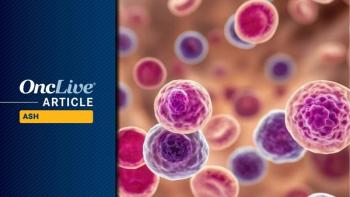
Oral azacitidine demonstrated a similar pharmacokinetic and safety profile to the subcutaneous formulation in MDS or CMML.

Nuvisertib Plus Momelotinib Is Safe, Produces Spleen, Symptom, Anemia Responses in R/R Myelofibrosis
Nuvisertib demonstrated clinical activity as both a single agent and in combination with momelotinib for patients with relapsed/refractory myelofibrosis.

AJ1-11095 received orphan drug designation from the FDA in myelofibrosis.

Pelabresib plus ruxolitinib improved primary and secondary efficacy end points vs ruxolitinib alone in JAK inhibitor-naive myelofibrosis.

The FDA has granted breakthrough therapy designation to INCA033989 in CALR-mutated essential thrombocythemia.
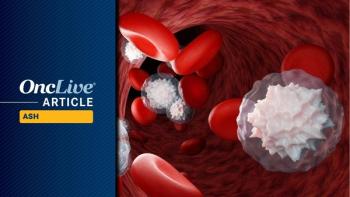
INCA033989 given with or without ruxolitinib was well tolerated and yielded spleen and anemia responses in myelofibrosis with CALR exon 9 mutations
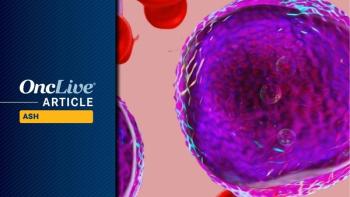
Decitabine/cedazuridine plus venetoclax produced a 91% response rate and 30-month median OS in high-risk MDS/CMML.
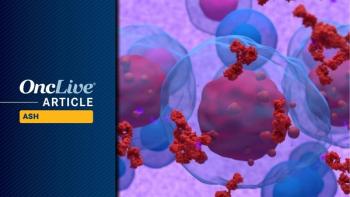
Rusfertide sustained hematocrit control and sharply reduced phlebotomy need through week 52 in PV, showing durable efficacy and a consistent safety profile.
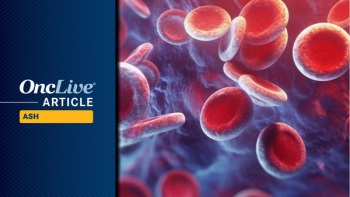
Ahead of the 2025 ASH Annual Meeting, experts in myeloproliferative neoplasms share the most anticipated research being presented during the meeting.

Akriti Jain, MD, discusses treatment selection and sequencing of JAK inhibitors in myelofibrosis, emerging CALR-targeted research, and defining disease modification.

Akriti Jain, MD, highlights the evolving role of JAK inhibitors in managing polycythemia vera and myelofibrosis and efforts to optimize treatment sequencing.

Findings from a meta analysis showed that JAK inhibitors were associated with improved outcomes vs best available therapy in myelofibrosis.

The top 5 OncLive TV videos of the week cover insights in myeloproliferative neoplasms, lung cancer, ovarian cancer, and prostate cancer.
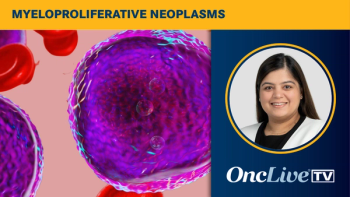
Akriti G. Jain, MD, detailed the current unmet needs in polycythemia vera and myelofibrosis, including how to define disease modification.

The FDA has cleared BVd for multiple myeloma and revumenib for NPM1-mutant AML, and granted priority review to perioperative enfortumab vedotin in MIBC.


